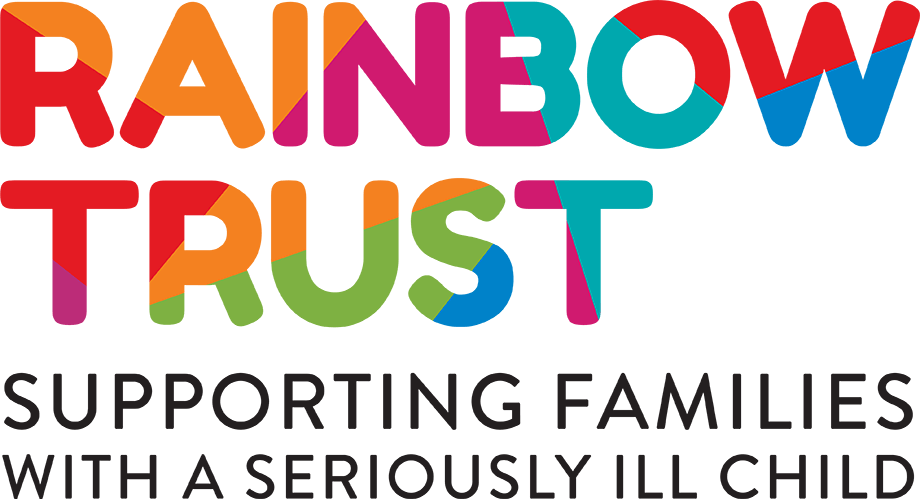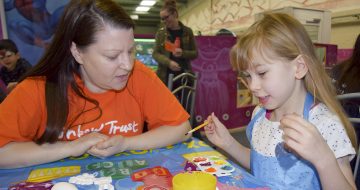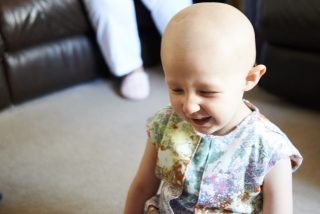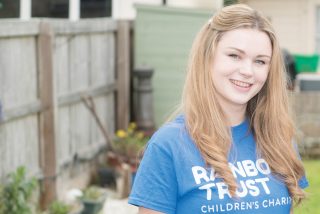Date published: 14 November 2017 by Anna Jackson
This Children’s Grief Awareness Week, Monica, a Family Support Worker from the North East Care Team shares her experience providing support to young people and their families through bereavement.
A few years ago, I supported a 13-year-old named Emily who sadly died of cancer. At the time, she was the same age as my daughter so it really hit home of what Emily was missing out on. I feel I formed a special connection with the family and they always commented how “I just got it, how I understood what Emily needed.” As Emily couldn’t go to school, she lost touch with a lot of her friends and the ones who did visit, she felt she had nothing in common with any more. She could not join in with conversations about going to the cinema or into town on a Saturday. She became very withdrawn and was really lonely.
When I first meet the families, I ask them what I can do to help or what they are struggling with and they really appreciate that, straight away they feel listened to and valued.
My support for Emily was to enable her to be a teenager and experience all the things she should have been doing. We went to the cinema, went clothes shopping and had our nails done. Towards the end of her life, Emily opened up to me a lot about the fears she had about dying but she was more worried about leaving her mother and how upset she would be. She told me she would like to leave a present for all members of her family so in the last few weeks of her life, we spent time shopping to collect special presents. She made a Build a Bear for her mother with a tape recorder of her voice inside saying ‘You’re the best mum in the world.’ For her grandma and aunties we spent time in the clay cafe hand painting pottery and making jewelry.
Emily’s mother told me that I had allowed her to experience a teenage life although a very short one. When her friends came to visit, instead of sitting awkward, she could now join in about going to the cinema and town and show them what she had been buying and would say she went with her ‘best friend’.
I also support the siblings of sick children so that they have someone to talk to, someone who is there just for them. We take siblings to and from school, for special days out which helps them feel like they are special again and just as important as their sick sibling. Teenagers understand so much more and they don’t want to burden their parents with questions so having someone else to talk to is good for them. They don’t need to worry about protecting my feelings, I can answer their questions and help them find techniques to cope.
The young people really enjoy the groups we run. Having peers to talk to who understand what they are going through helps them feel less alone.
I have been supporting a five-year-old girl named Melissa. Her brother had died and she was attending one of our sibling groups to help with her bereavement. We did arts and crafts but Melissa never wanted to take her crafts home. After spending time with her, she told me she didn’t want to take the crafts home as she didn’t want to upset her mum and dad as they never talked to her about her brother. Her mum and dad didn’t talk to her about her brother as they didn’t want to upset her. I talked this over with her parents and Melissa and she finally started taking her crafts home and talking about what she had done. Her parents were so happy to see she was comfortable sharing and they all now talk about her brother which helps keep his memory alive. This is so important for families and makes a huge difference to their bereavement process.
Life stops for a little while when a sibling is sick - that’s why we like to take them out and do special things with them. We try to keep children in their swimming clubs or extracurricular activities so that they don’t feel like they are missing out on everything.
I love my job, I like being able to make a difference to families’ lives, even just seeing a rested parent return after a few hours break is amazing. I love seeing a child come through months or years of treatment with an all clear and I love the special bonds I form with the children, especially when a parent tells me, “they won’t stay with anyone mind, they won’t let me leave” and once the child realises I am not there to do anything medical or hurt them, they look forward to my visits and don’t want me to leave. My job can be very sad but very rewarding too. I love making that difference.
Could you sponsor a Family Support Worker like Monica and help more families get the bereavement support they so desperately need?




